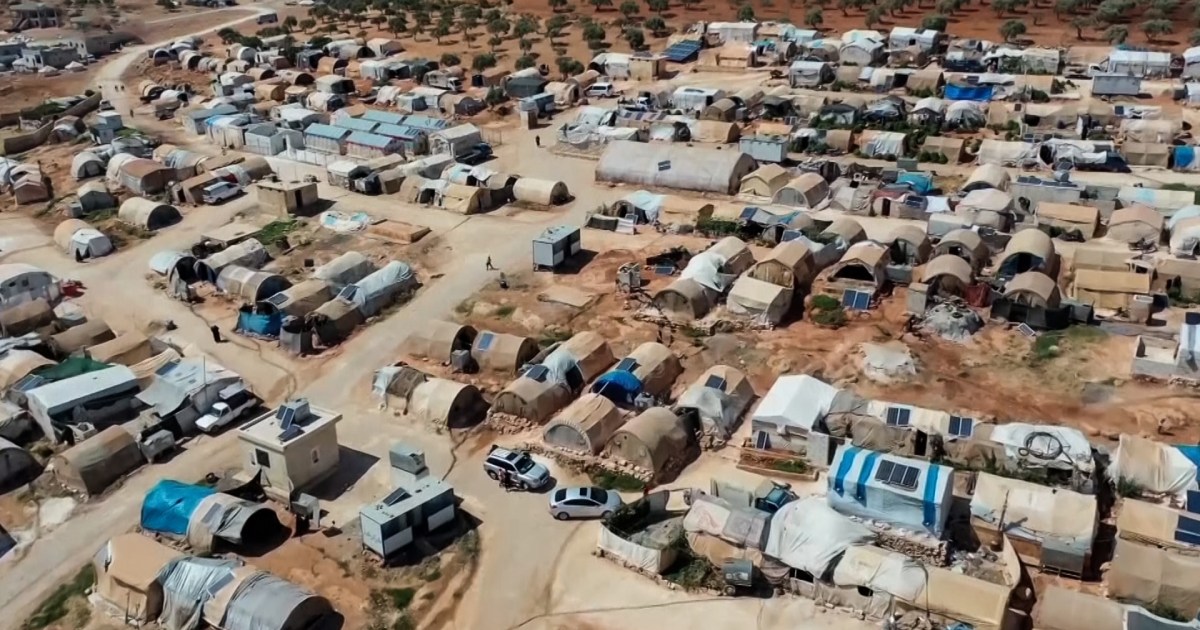An episode (7/14/2022) of the "Scenarios" program monitored the repercussions of the decision, which revived the hopes of millions of displaced Syrians, but left great disappointment among many human rights and relief organizations that wanted to pass the decision away from the political tensions between Russia and the West.
The former Syrian academic and diplomat Hussam Al-Hafiz pointed out that the decision to extend humanitarian aid through the Bab Al-Hawa crossing raised many concerns, because 6 months is not enough to plan for providing aid, especially since the mandate expires in the winter season.
He also saw that what happened in the Security Council embodies the political conflict in the Syrian humanitarian situation, indicating that Russia's use of its veto has become a clear blackmail, and shows its success in pressuring European countries to pass their decisions.
The director of the Syria Relief Organization, Abdel Razzaq Awad, stressed that this decision raises fears that are embodied in the continuous Russian blackmail of the Syrian humanitarian file, noting that most of the projects that local Syrian organizations are associated with the United Nations need to plan for more than a year to be able to provide logistical matters and enter aid. From the crossing and distribute.
What to do?
Regarding alternative solutions, Abdul Razzaq explained that civil society organizations - in cooperation with the international community - began planning from now on to store basic materials for winter crises, by calculating the quantities, places of distribution and the target groups, as well as identifying random camps that lack the infrastructure to work to avoid what He described it as a disaster that would be repeated during the winter.
Syrian researcher and academic Abdel Nasser Al-Jassem considered that this decision constitutes a disappointment for the Syrians, who were hoping that the international community would seek to solve their crisis instead of restricting their humanitarian aid corridors, noting that the needs of the Syrian people are constantly increasing, whether at the level of the camps and shelter sector or providing food security. and medical supplies.
Al-Jassem added that after people despaired of the international community adopting human values, they began to think of other solutions related to monopolizing foodstuffs, indicating that in the absence of food security, health problems and widespread unemployment, this may cause physical and family violence and other societal repercussions of this decision.

